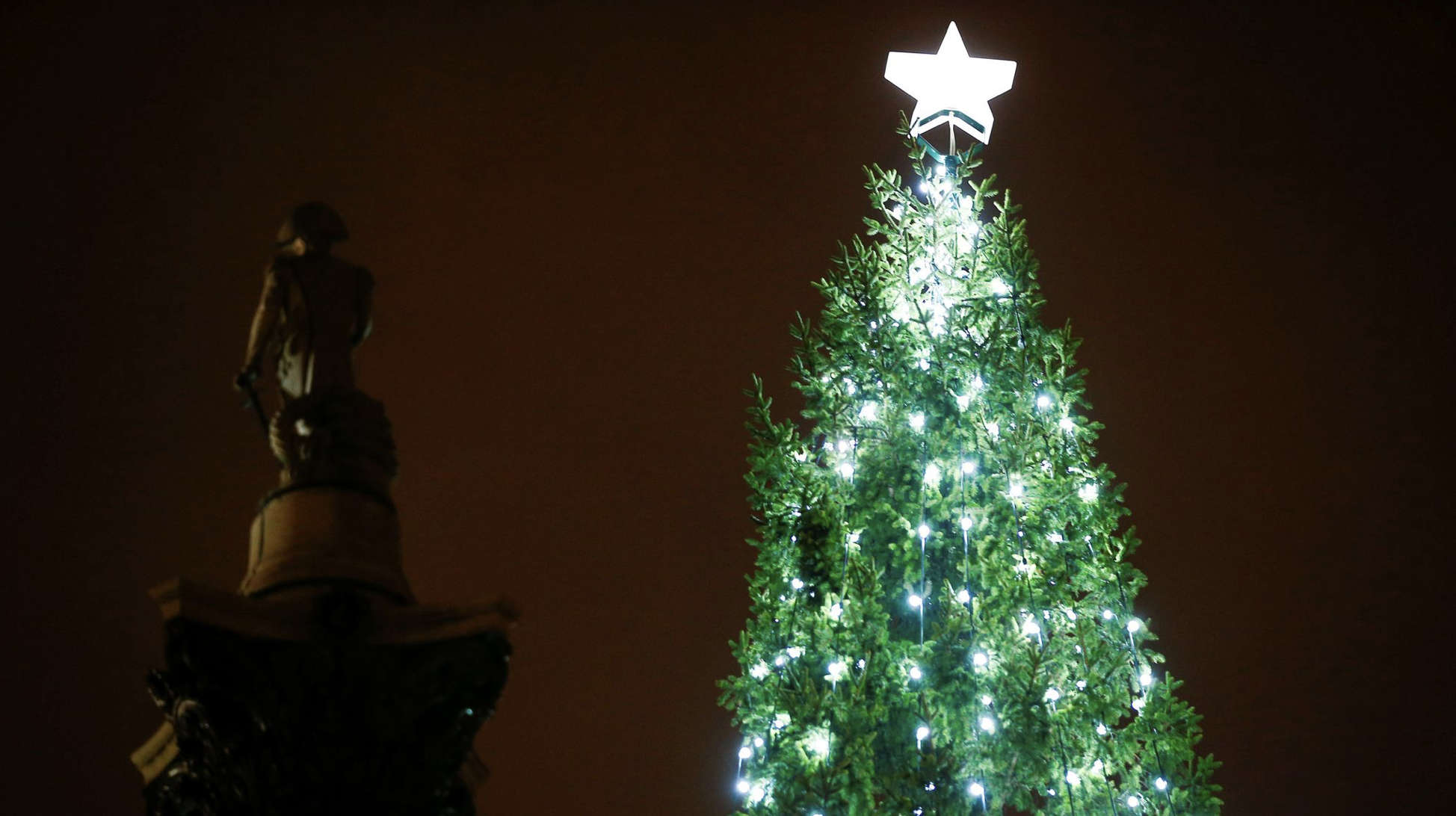
Christmas is a time to share with loved ones, a time for creating memories and really embracing the warmth of what the festive season is all about.
And we do it all by taking part in years of tradition we've built up over time.
'Tis the season for mince pies and bright lights, where the mistletoe can be found hanging by the winter snow and the lyrical sounds of carols can be heard.
But where did Christmas markets first begin, and why do we watch pantomimes every year around the festive period?
Sky News looks at the weird and wonderful British Christmas traditions that have become an annual treat for many.
When did we first watch pantomimes?
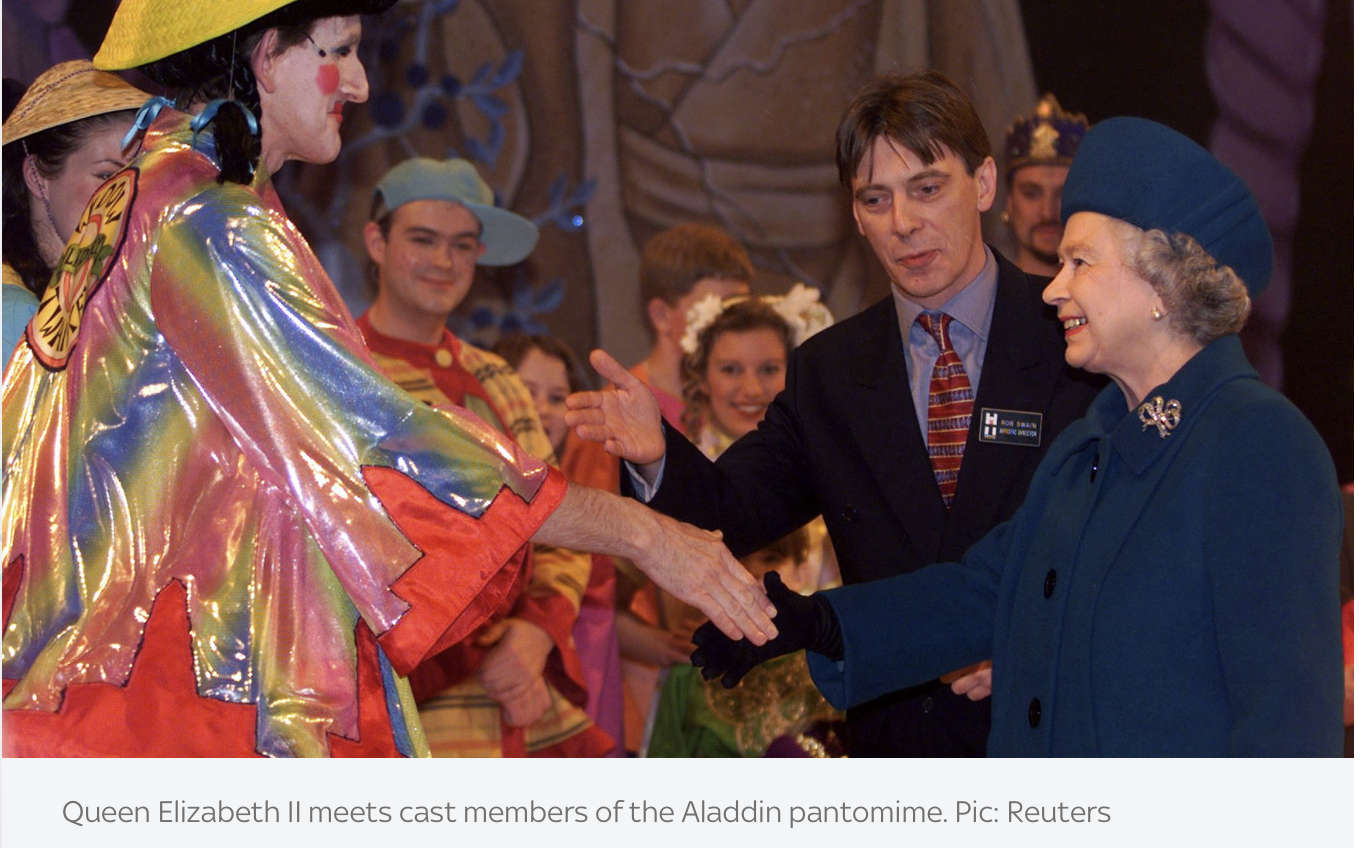
Also known as "Panto", it is a traditional Christmas play filled with humour and slapstick entertainment.
Often, these theatre shows are based on childhood favourites such as Sleeping beauty, Cinderella, Jack and the Beanstalk and other classical fairytales.
Pantomime first arrived in Britain in the 18th century and has changed over the years, with music and comedy taking centre stage and often featuring men dressed in drag.
When did Christmas markets first begin?

Christmas markets may have originated as early as the 1200s in Austria, when Albrecht I granted people permission to hold a 'Krippenmarkt', according to Austria's Tourism Board.
Today, London's Hyde Park Christmas market is seen to be one of the best markets in the UK and holds plenty of activities including rides and attractions that people of all ages will love.
These markets are flowing with unique gifts, jewellery, art, bright lights and cosy foods to keep spirits high over the festive season.
The market also holds a traditional fairground for children, complete with a carousel and much more.
Why do we call it Boxing Day?

One of the oldest traditions Boxing Day is held across the country on December 26 and it's said that the name originated in the 1800s when Queen Victoria was on the throne.
Boxing day was traditionally a day when people would "box up" their unwanted gifts and give them to the poor.
Servants often received presents from their masters, which is where the name derives from.
Traditions have now changed over the years, with many hitting annual sales, eating turkey sandwiches and watching football with family and friends.
What originally used to be in Christmas crackers?
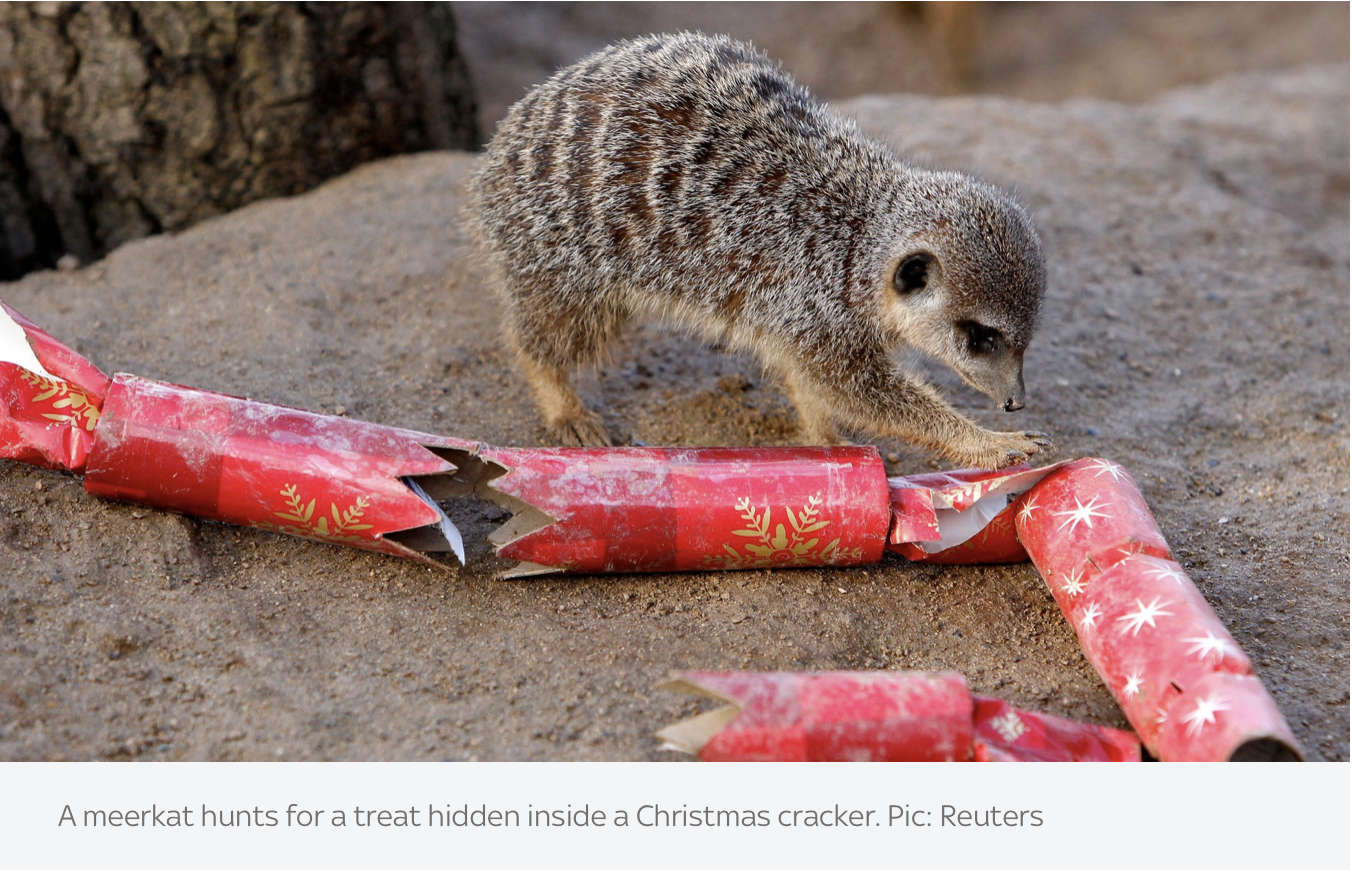
It's more than just a cardboard paper tube.
Wrapped in bright, coloured paper and twisted at both ends, this cracker is usually filled with a colourful paper crown or a joke and gift to lift your spirits.
This tradition dates back to Victorian times after Tom Smith discovered the "bon bon" on his travels to Paris and decided to bring it back with him to London.
A sugary almond wrapped in a twist of tissue paper, the trend took off in London, and the sweet delight sold extremely well that year.
Sales later dipped and in an effort to further develop his idea, Mr Smith decided to place a small love note in the tissue paper.
He then added the element of sound to the treat after getting the idea of the sound from a burning log.
When did our love of mince pies begin?

A hearty treat that many Britons love to indulge in.
The famous mince pies were first introduced in the middle ages and were also known to be much larger than the small pies we are familiar with, and filled with mincemeat and finely chopped fruit and liquor.
However, as the years have changed, so have these sugary bites. Recipes are now developed for vegetarian lovers and filled with sugar as well as dried fruit to sweeten up the holiday season, as opposed to mutton, beef, rabbit or game which was widely available in the middle ages.
Why is the Queen or King's Speech broadcast at 3pm?
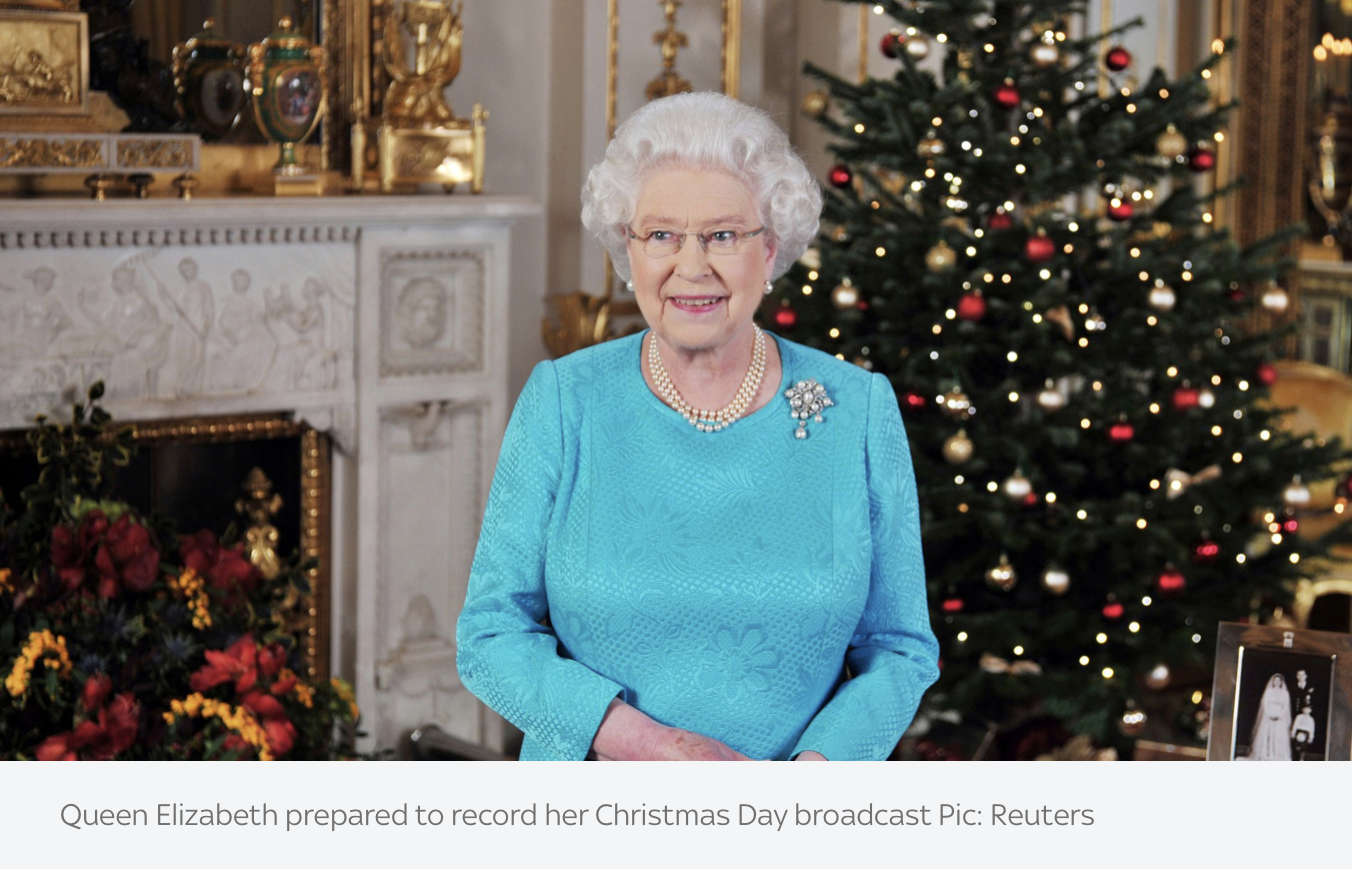
The first Christmas broadcast went out to the nation in 1932 by George V. The timing of 3pm was chosen to reach as many countries in the then-Empire as possible. According to the Palace, the broadcast was such a hit, he decided to continue it on into the subsequent years.
In recent history, the late Queen has delivered a special Christmas broadcast to not only mark the festive season but to also reflect on issues and concerns of that year.
These reflections are a big part of festivities for many across the Commonwealth and may be something King Charles will now take on in his speeches.
Who celebrates Midnight Mass at a different time to everyone else?
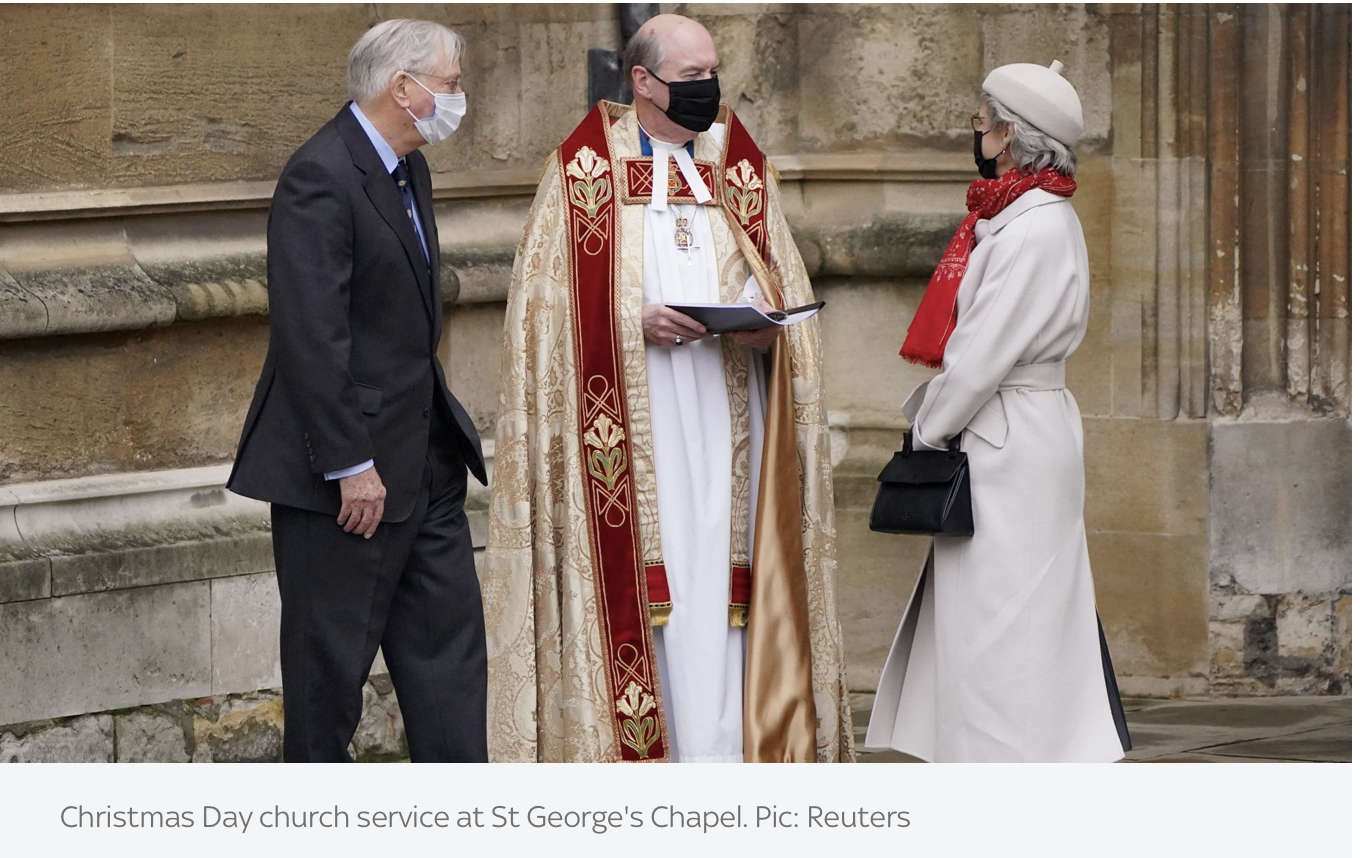
Observed on Christmas eve, this tradition is popular amongst many and includes the celebration of the Holy Communion.
The gathering is a celebration of Mass or Service of Worship in honour of the Nativity of Jesus.
Midnight Mass has been a big part of the Roman Catholic Church and since 2009, the Mass has been celebrated at 10pm by the pope instead of midnight.
Why brussels sprouts became a staple part of our dinner?
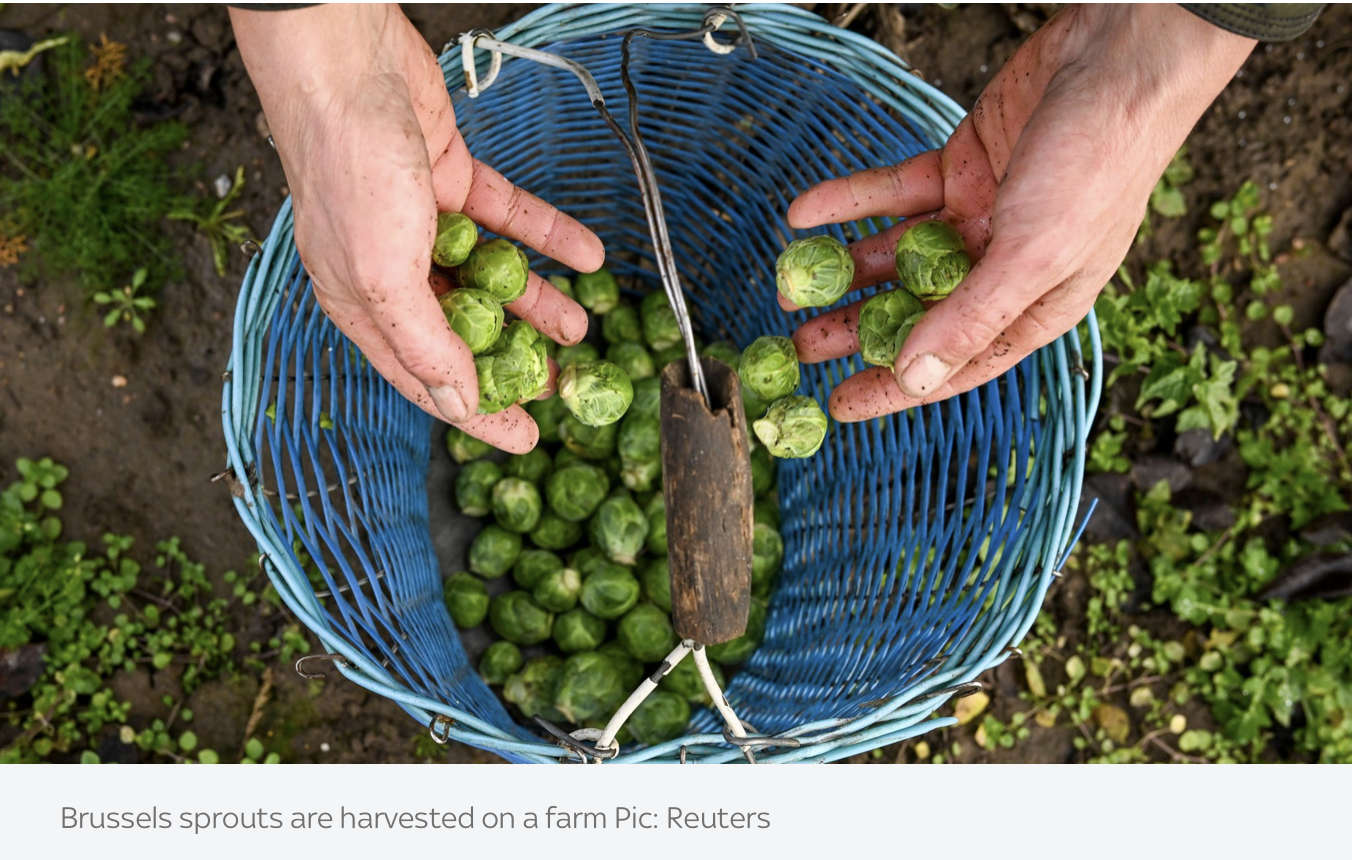
Many may have a love or hate relationship with them, but Brussels sprouts have come to be a big part of the traditional Christmas dinner.
These mini-cabbages hold many benefits and are high in nutrients, rich in antioxidants, high in fibre and so much more.
In the UK, around 40,000 tonnes of Brussels sprouts are eaten every year, according to General and Medical.
According to keen gardeners, as sprouts thrive in time for winter, this became a natural harmony in the 1800s and has stayed ever since.
When did London's lights displays begin?

These are not your average Christmas lights displays, these are big, bold and truly magical.
Every year, London's streets are lit with a colourful glow and twinkle, a dazzling spectacle that transforms the gloom of the winter shadow.
The tradition began in 1954 on Regents Street and has been an annual event ever since.
Why do we sing carols?
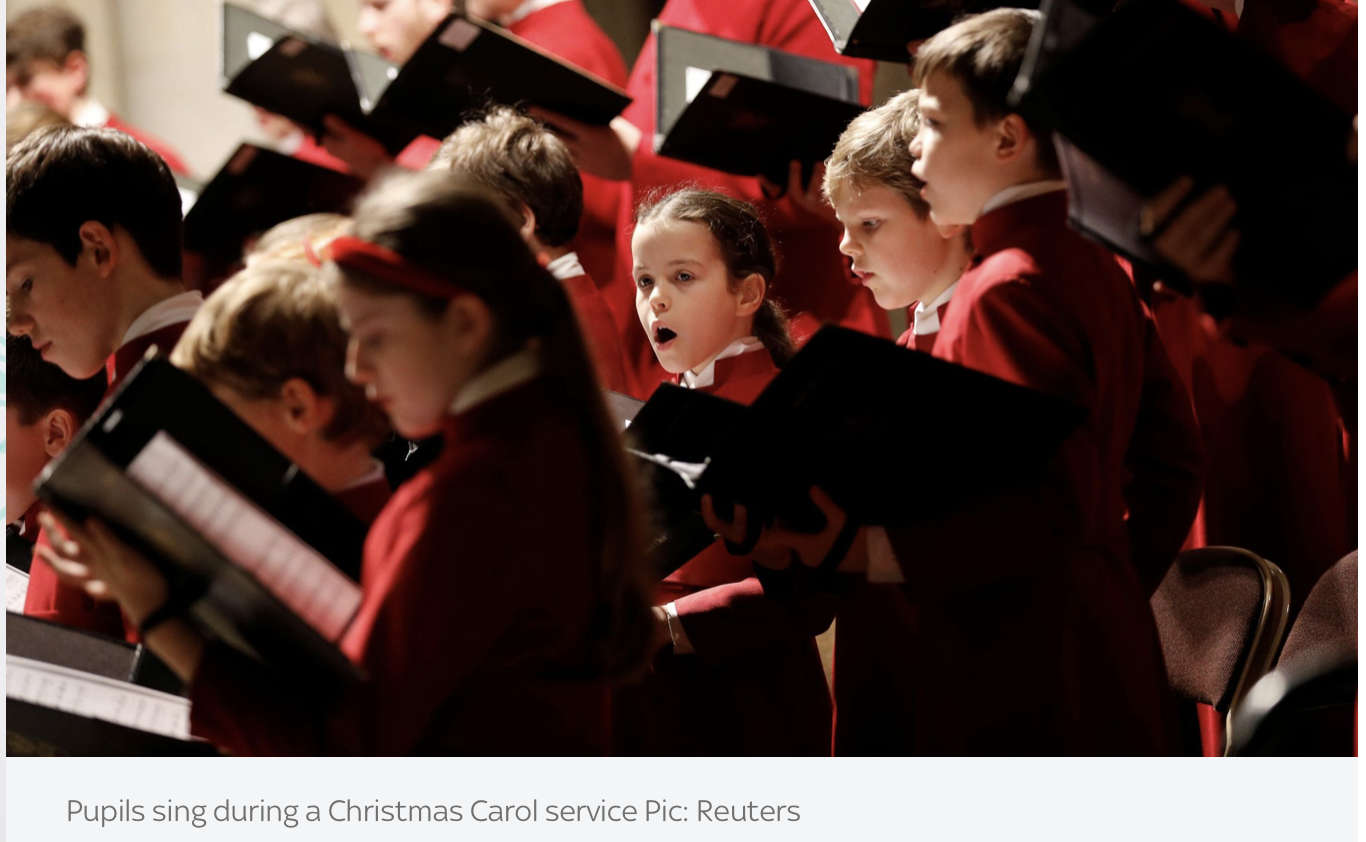
Capturing the hearts of many with the joys of "Silent Night", Christmas carols are often sung to commemorate the birth of Jesus Christ.
Carols are also a big part of school assemblies.
The lyrical sounds reached Europe back in the 14th century - although their evolution dates back further.
It is a tradition that has many Britons singing along to "We wish you a Merry Christmas", throughout the festive season.

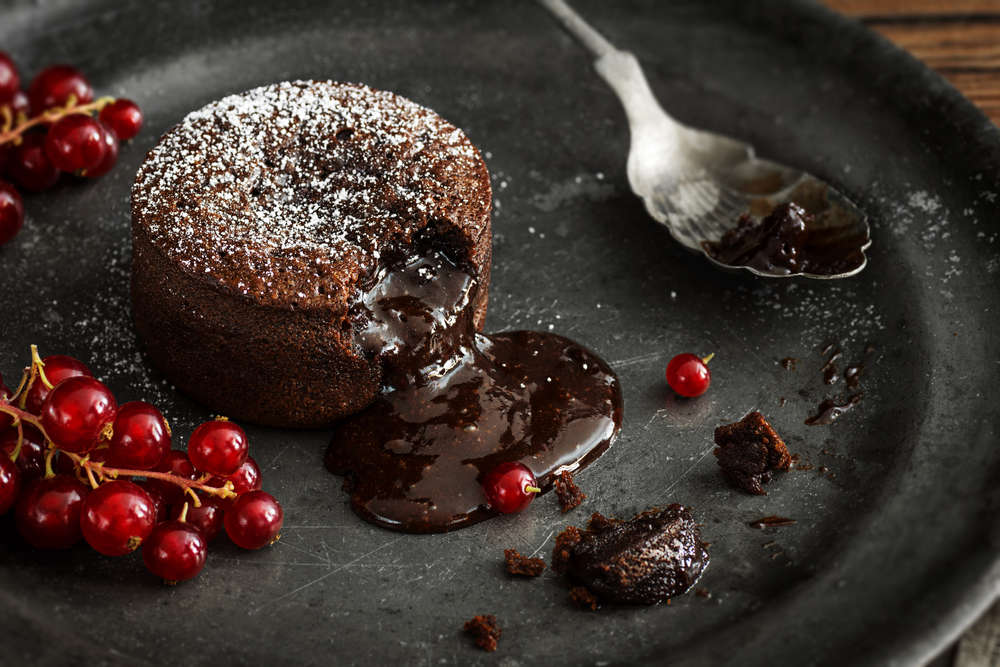 Five Highly Romantic Meals Perfect for Your Valentine
Five Highly Romantic Meals Perfect for Your Valentine
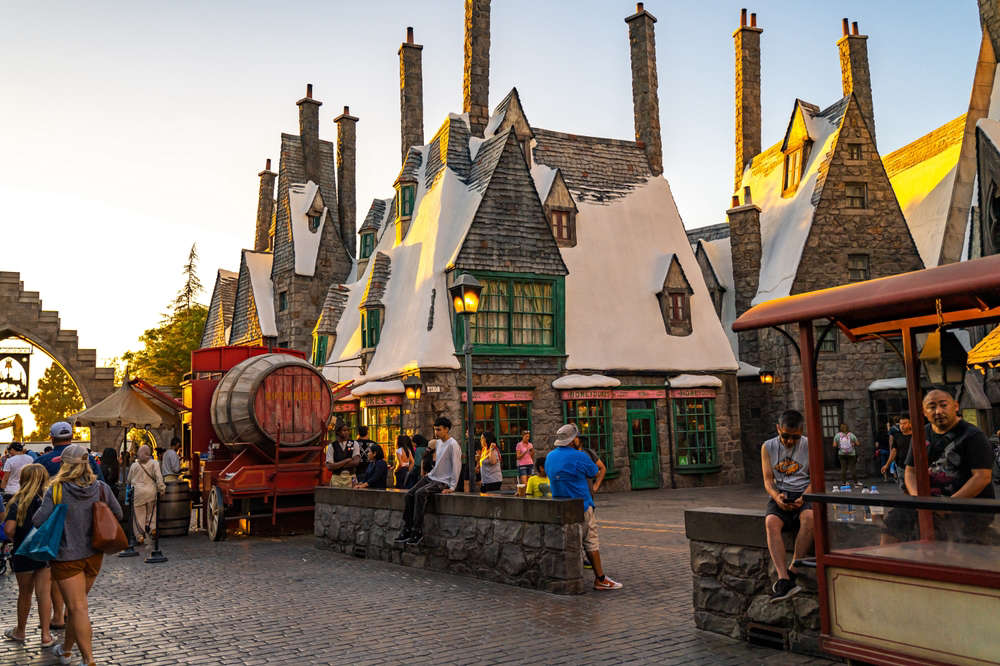 Five Fantasy Worlds We'd Love to See Become Theme Parks
Five Fantasy Worlds We'd Love to See Become Theme Parks
 Five Most Romantic Valentine’s Gestures From Europe
Five Most Romantic Valentine’s Gestures From Europe
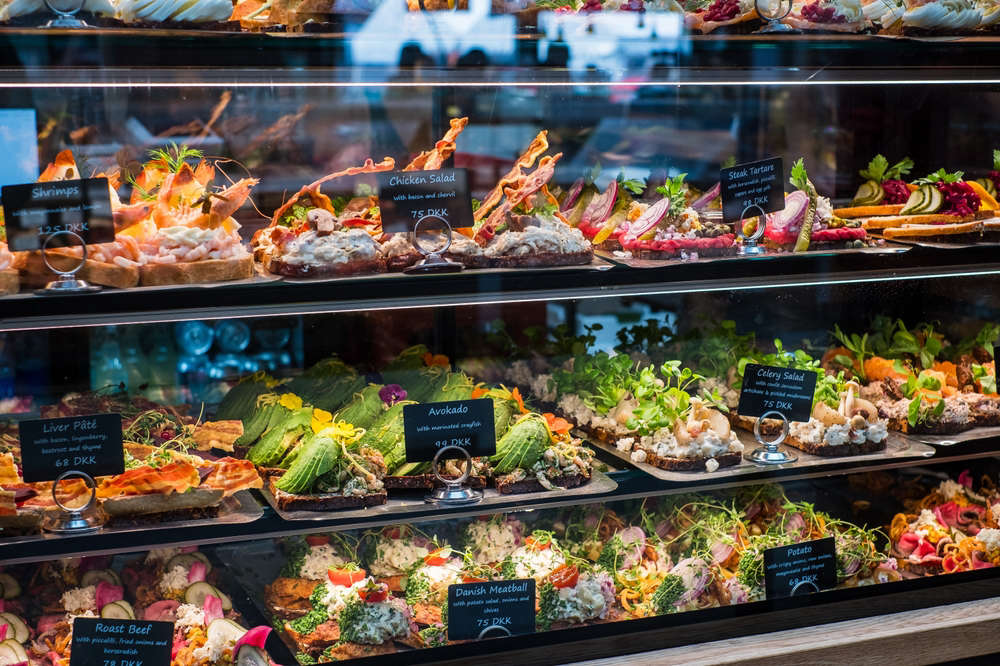 Five Fabulous Foodie Places To Visit In February
Five Fabulous Foodie Places To Visit In February
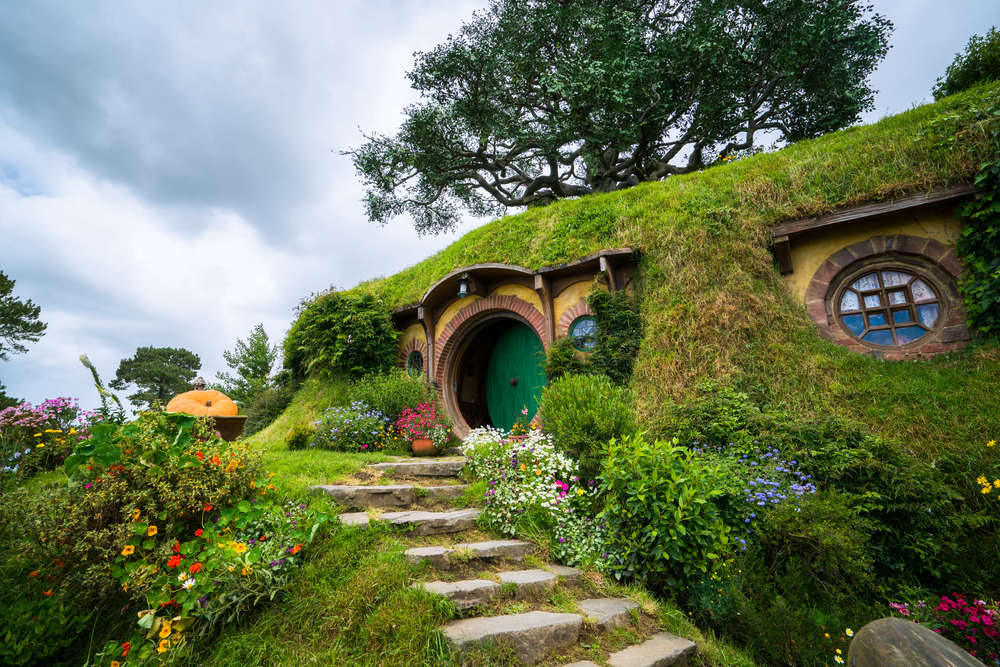 Five Fantasy Worlds We’d Love To Explore In Real Life
Five Fantasy Worlds We’d Love To Explore In Real Life